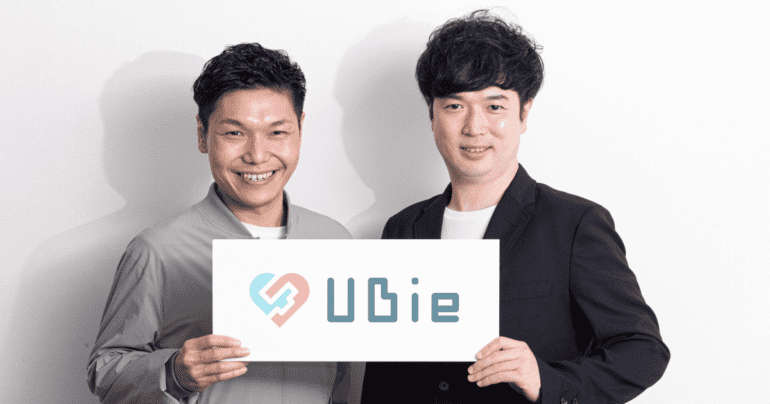TL;DR:
- Japanese startup Ubie introduced a Large-Language Model (LLM) feature to streamline patient interviews for doctors.
- The Ubie Medical Navi platform replaces paper questionnaires with digital forms, customized based on patient symptoms.
- LLM-based technology automatically summarizes patient responses, enhancing efficiency.
- The original text remains available for reference during summarization.
- This feature is now accessible to 1,500 healthcare professionals across Japan at no additional cost.
- Ubie’s innovation is a response to doctors’ need for quicker comprehension of patient concerns.
- Market snapshot: Generative AI is expanding across Asia-Pacific’s healthcare sector, aiding professionals and patients alike.
Main AI News:
In a groundbreaking development, Japanese doctors have embraced the adoption of cutting-edge generative AI technology to streamline the process of summarizing extensive and detailed initial patient interviews. Spearheading this transformative initiative is the innovative Japanese startup Ubie, which has recently integrated a Large-Language Model (LLM) feature into its AI-driven patient service platform.
The Medical Interview Summary Function marks a pivotal addition to the Ubie Medical Navi platform, a digital alternative to traditional paper-based medical questionnaires. This advanced platform, currently exclusively available to healthcare facilities in Japan, possesses the remarkable capability to customize preliminary interviews based on individual patient symptoms.
Upon responding to 20-30 questions pertaining to their symptoms and lifestyle choices on the digital questionnaire, the LLM-based feature ingeniously synthesizes this data and presents a concise summary to attending physicians. Importantly, to ensure the utmost accuracy and reliability of this revolutionary function, the original text is retained as a reference during the summarization process.
This transformative summary feature is now accessible to all 1,500 healthcare professionals employing the Ubie Medical Navi across 47 prefectures in Japan, and it comes at no additional cost. This monumental achievement was made possible through collaborative efforts with medical practitioners via the Ubie Lab, the company’s dedicated research arm established in July. The Lab is steadfast in its mission to develop dependable and secure generative AI tools tailored for healthcare applications.
The inception of this summarization feature is a direct response to the feedback received from busy medical professionals who sought a more efficient means of comprehending and addressing patient concerns and symptoms. Traditionally, doctors faced the arduous task of meticulously reviewing each item from preliminary patient interviews on Ubie Medical Navi and subsequently compiling their notes.
Following a comprehensive trial involving Ubie Medical Navi users, the LLM-driven feature has proved to be a game-changer, improving both patient engagement and operational efficiency. Encouragingly, user satisfaction levels indicate a continued commitment to utilizing this groundbreaking tool in the future.
As one doctor user attested, “The [LLM-driven] summarised text is very easy to understand, and we are now able to grasp and communicate with patients more promptly than ever before. In the past, we had to selectively copy and paste text from Ubie into the [EMR]. Still, the time and effort required for this process have been greatly reduced, which is also helpful from the perspective of improving operational efficiency. Currently, we turn on the medical interview summary function for most of our medical examinations, and it has already become indispensable for us.”
The generative AI wave is not limited to Japan; it has also permeated the healthcare industry in the Asia-Pacific region. For instance, Singapore’s national health technology agency, Synapxe, is collaborating with Microsoft to develop LLMs that aid healthcare professionals in the public sector.
Meanwhile, a promising startup based in Malaysia and Singapore has recently unveiled its generative AI tool, capable of translating complex medical terminology, health reports, and intricate imaging data into easily digestible visual content.
In India, medical AI startup AI4Rx has launched the MedBeat HealthConnect patient and doctor apps, featuring AI-driven summaries of patients’ potential symptoms and diseases, akin to Ubie’s LLM-based offering.
Kota Kubo, co-founder and co-CEO of Ubie, underscores the swift integration of generative AI, including LLM, across various industries and professions in Japan. However, he emphasizes the imperative need to address issues related to reliability and ethical considerations, especially in the context of medical and healthcare applications. These concerns encompass consumer and patient welfare, privacy protection, and medical ethics.
Conclusion:
The introduction of Ubie’s generative AI-based summary feature for healthcare professionals in Japan marks a significant step forward in improving patient communication and operational efficiency. This innovation aligns with the broader trend of generative AI adoption in the Asia-Pacific healthcare sector. However, the market must carefully address ethical concerns and ensure the reliability of such technologies to maintain patient trust and data privacy.

